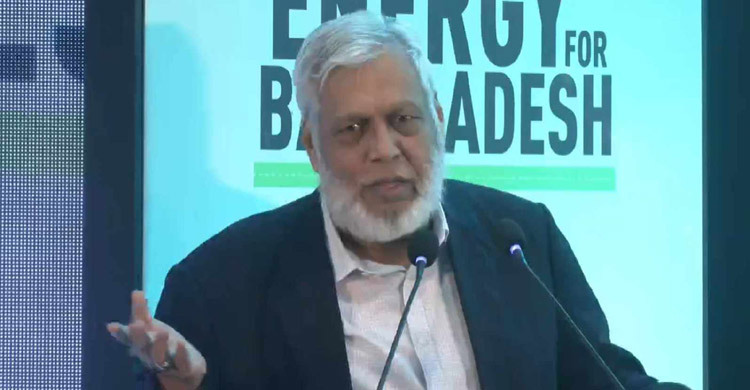BERC, not govt will set gas, electricity prices

The Bangladesh Energy Regulatory Commission (BERC) will determine the prices of gas and electricity through public hearings, not the government, clarified Muhammad Fouzul Kabir Khan, Adviser on Power, Energy, and Mineral Resources.
He made these remarks at a seminar on energy held at a hotel in the capital on Sunday (October 20).
"BERC, not the government, will decide on the price adjustments for gas and electricity after public consultations," the adviser iterated during the event.
Fouzul Kabir Khan also outlined the government's energy goals, mentioning plans to drill 50 exploratory wells by 2025. Addressing political speculation, he commented, "Political parties are keen to know how long the current government will remain in power, but the government's focus is on stability and progress."
On the issue of Palli Bidyut Samiti (PBS) workers, he noted that the government has accepted many of their "logical demands."
However, decisions on their call for permanent employment for temporary workers will be made after careful consideration.
"Sudden announcements cannot be made, and no one should assume the government is weak. This government is stronger than many others," he said.
The adviser also warned that PBS workers who refuse to fulfill their duties should consider leaving their positions. He assured the public that the government is ensuring the safety and stability of electricity substations and that alternative manpower is ready if necessary.
"Bangladesh is not in danger of a blackout," Fouzul Kabir Khan emphasised. "Anyone attempting to disrupt power supply will not succeed."
His remarks come in the wake of protests organised by PBS employees in several districts, following the dismissal and legal actions against some officials. The "Complete Shutdown" programme left rural electricity consumers facing outages. Several PBS leaders were arrested and placed on remand in sedition cases, yet the protests continued.
The adviser strongly condemned the shutdowns, stating, "This government came to power at the cost of many lives. No one has the legal right to cut off electricity. The government is not weak, and the people stand behind it."
He further reminded PBS employees that substations and power lines belong to the people, not private entities. "Electricity is a constitutional right. If PBS staff do not perform their duties, we will ensure the supply continues with alternative workforce, including the army and law enforcement. Shutting off electricity is illegal, and I hope the workers will reconsider their actions," he added.

